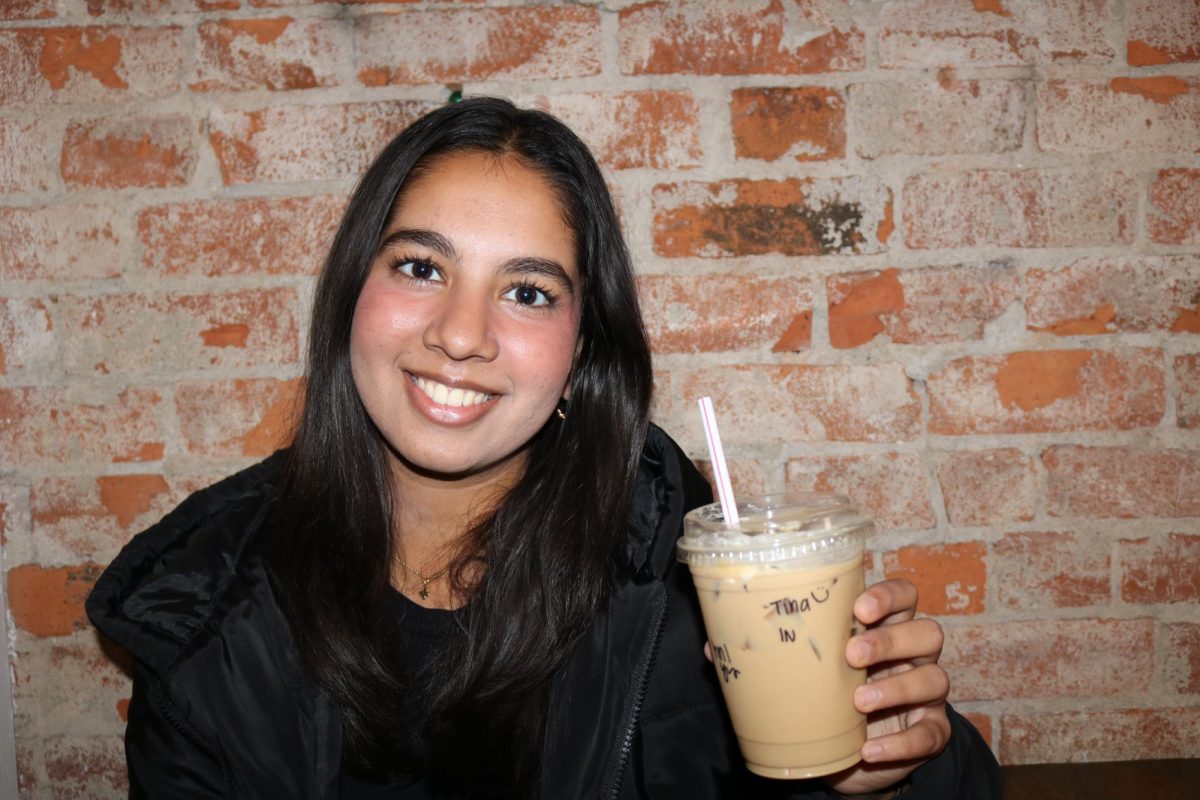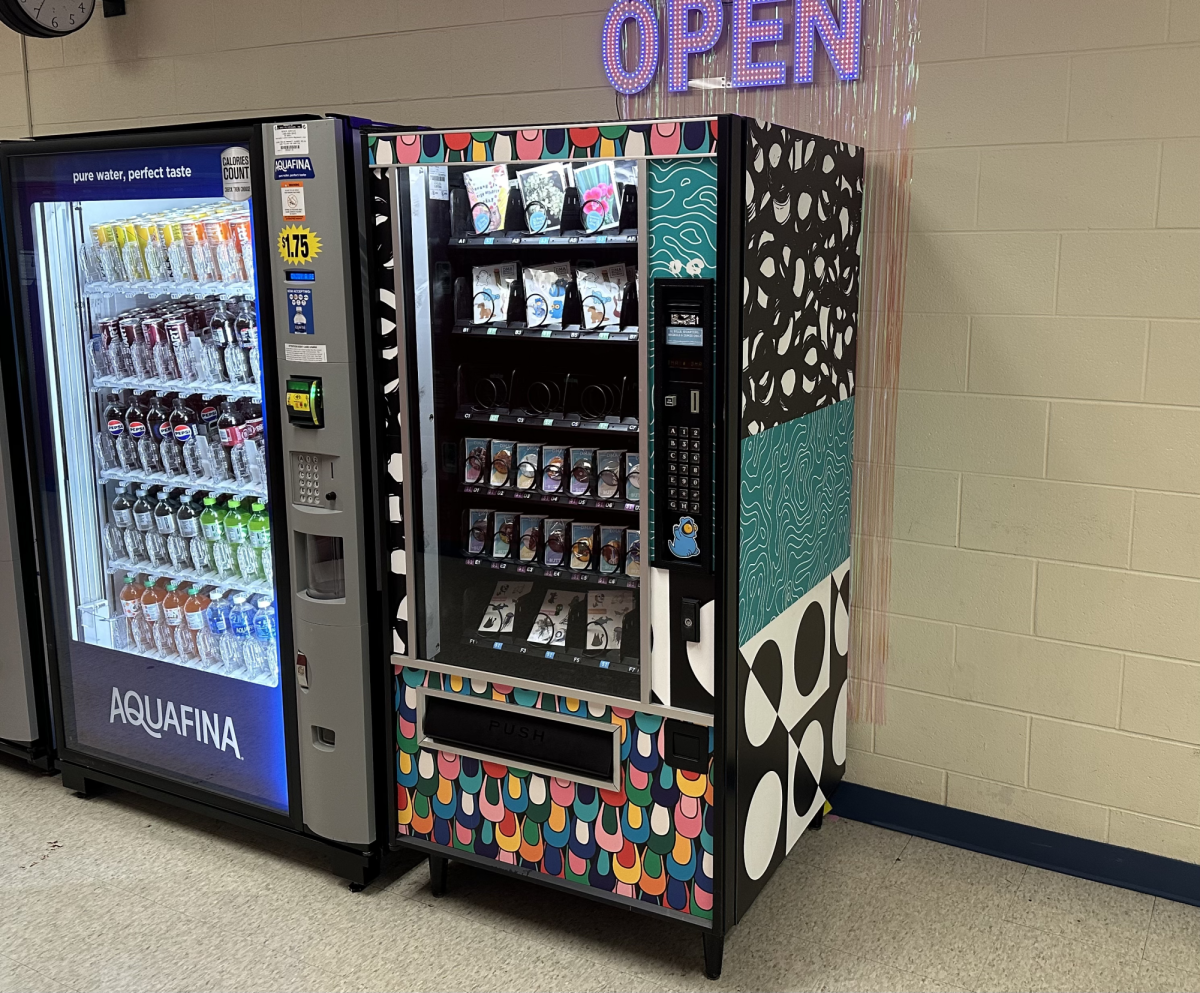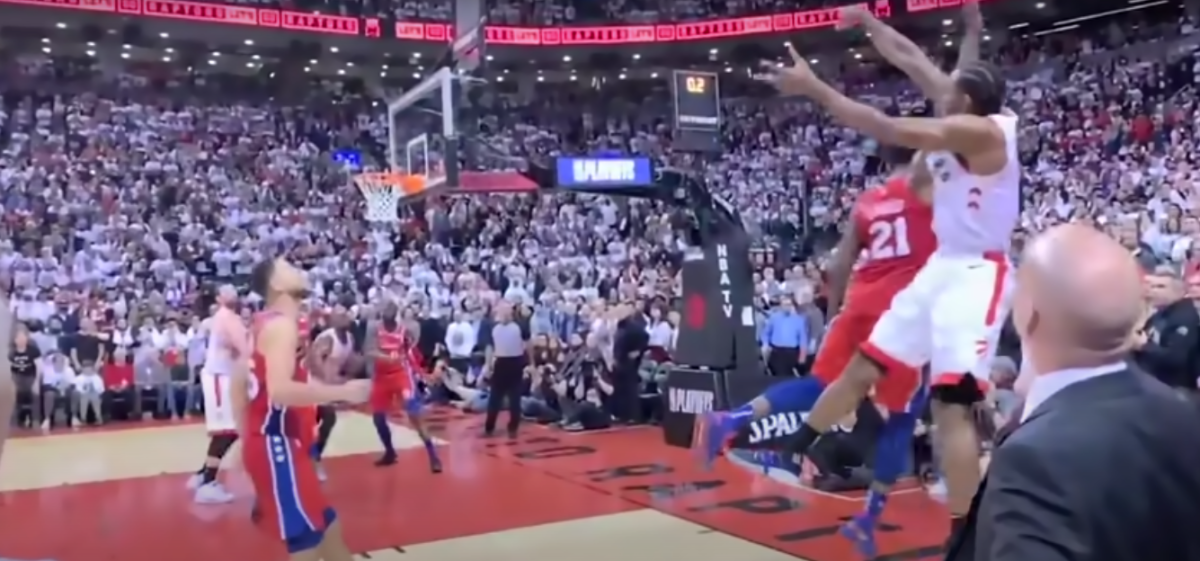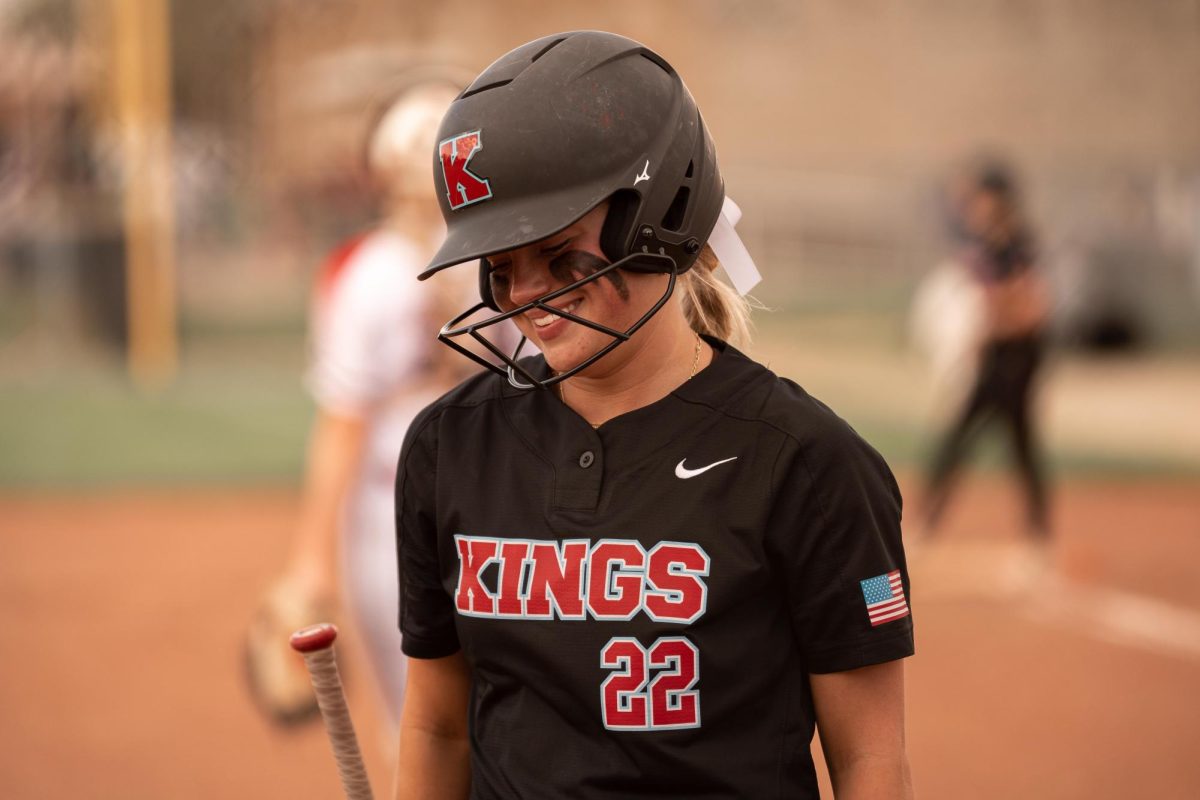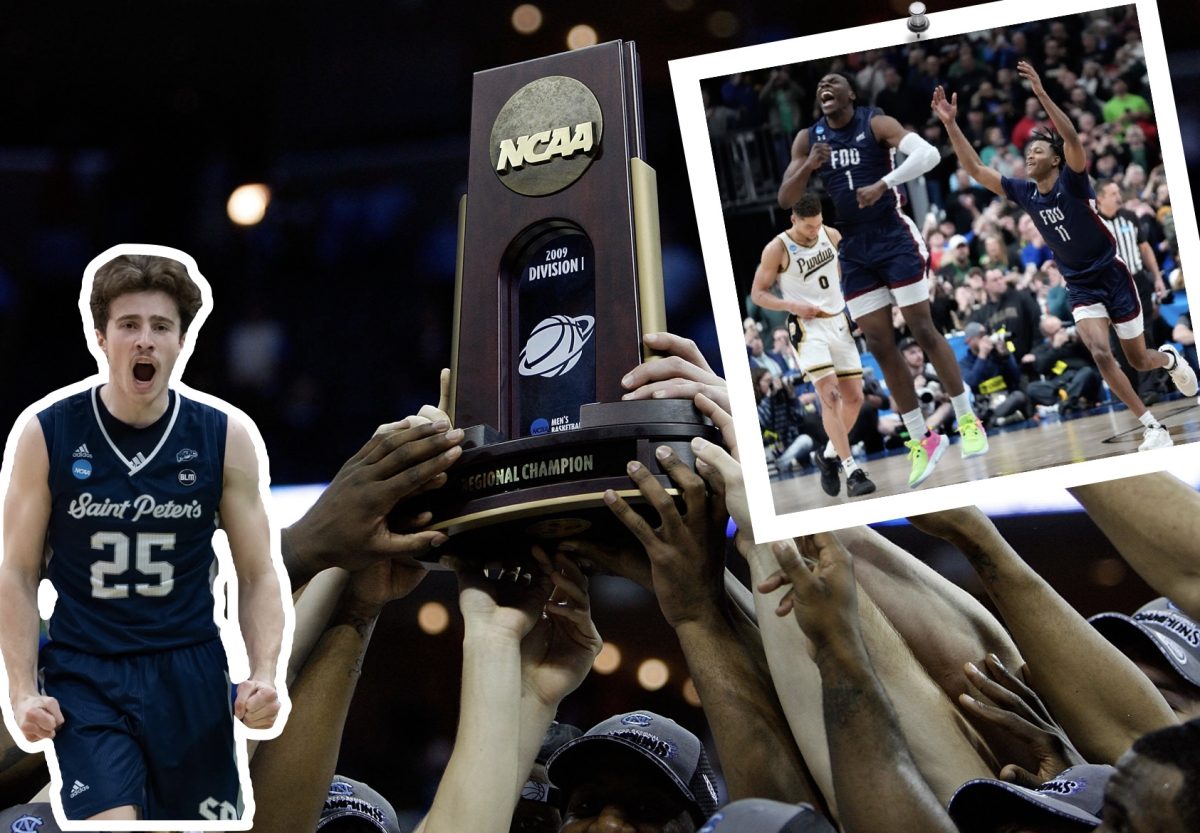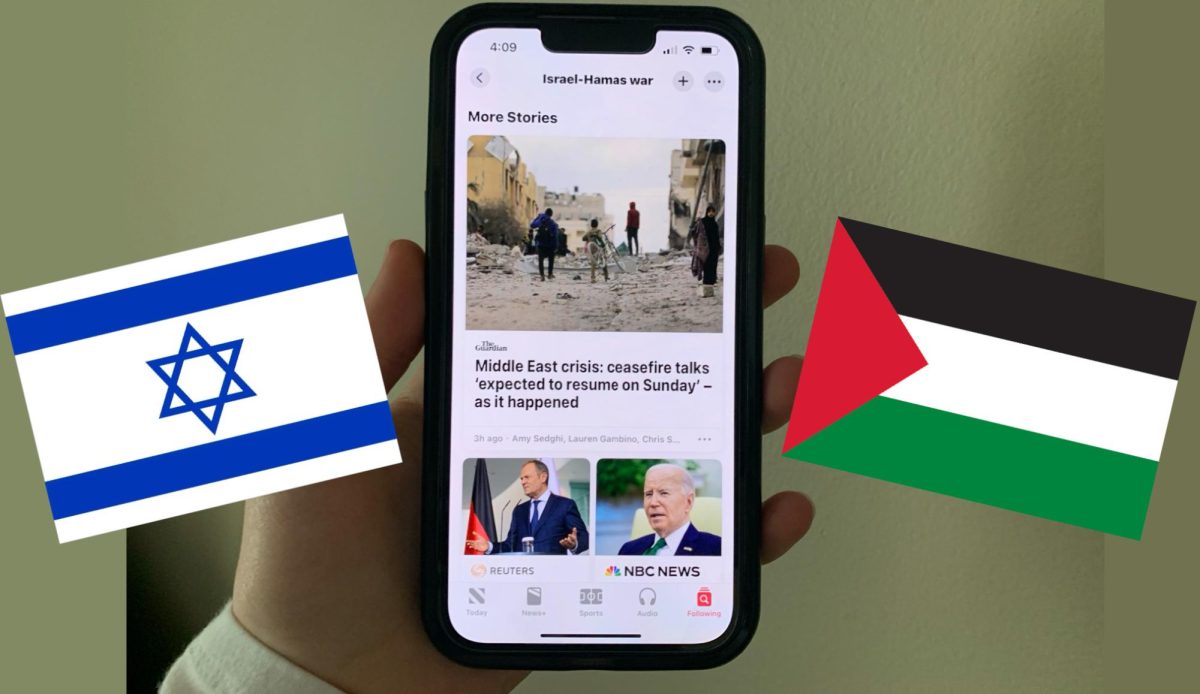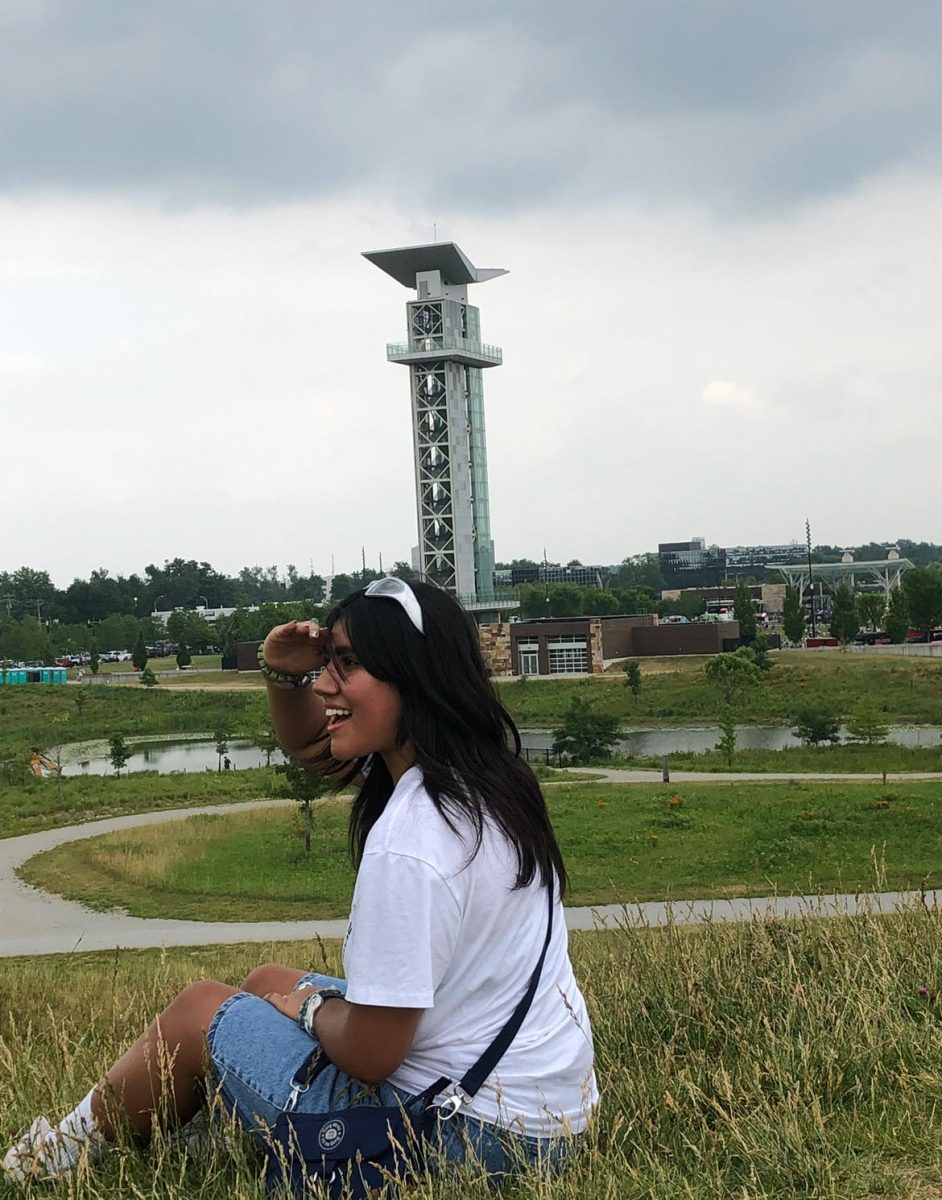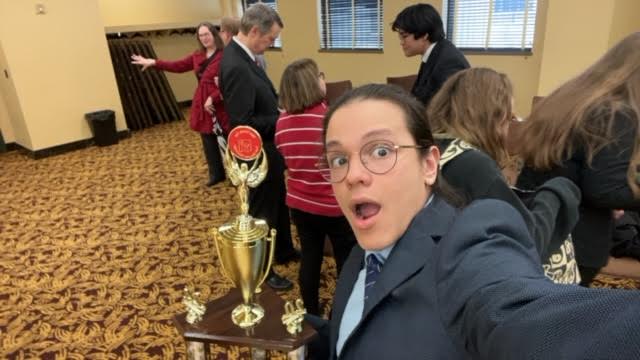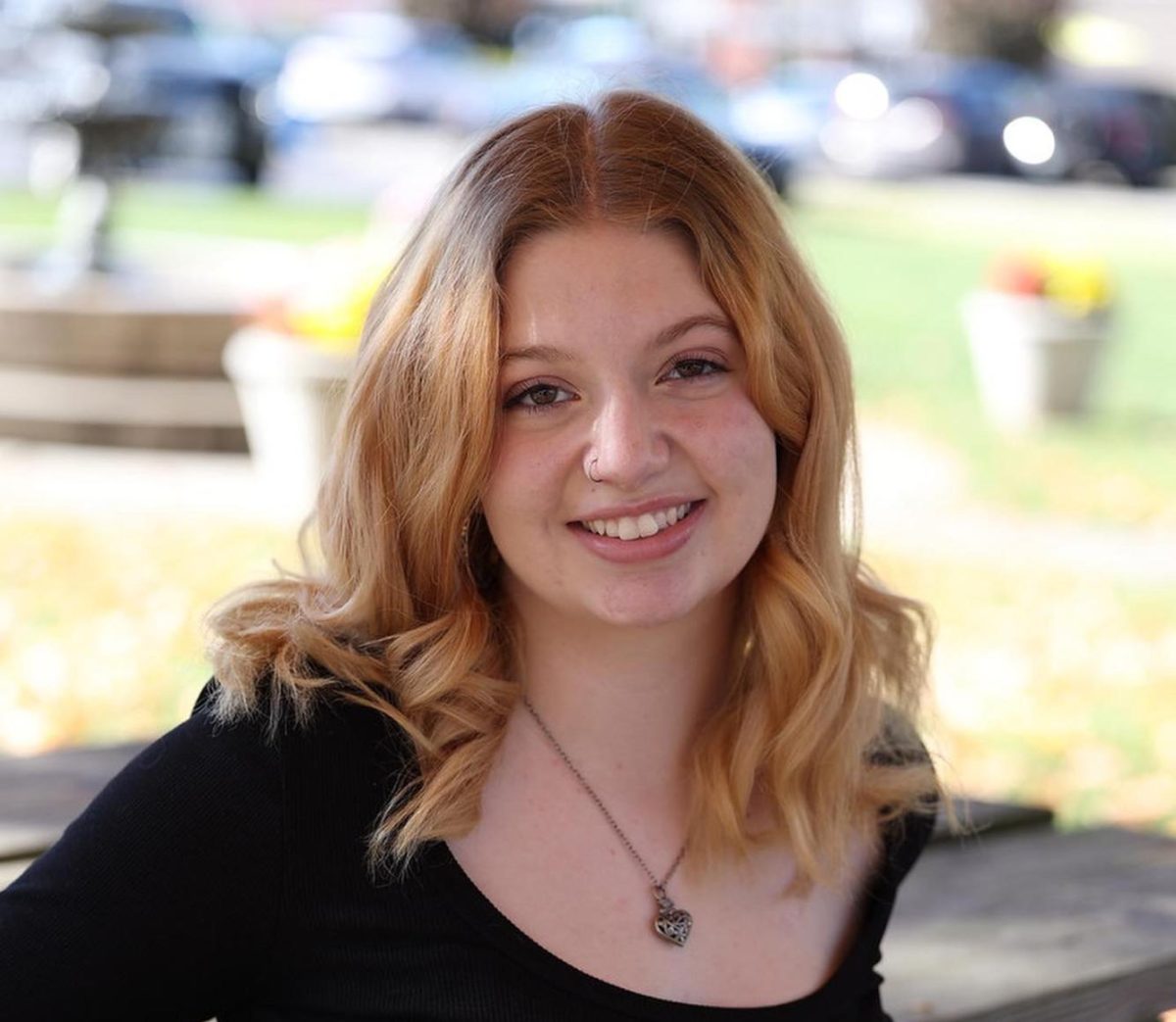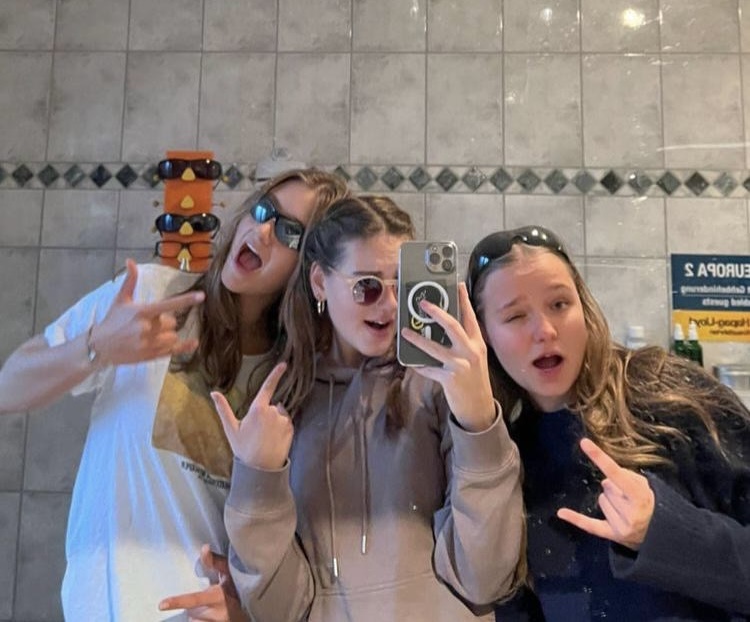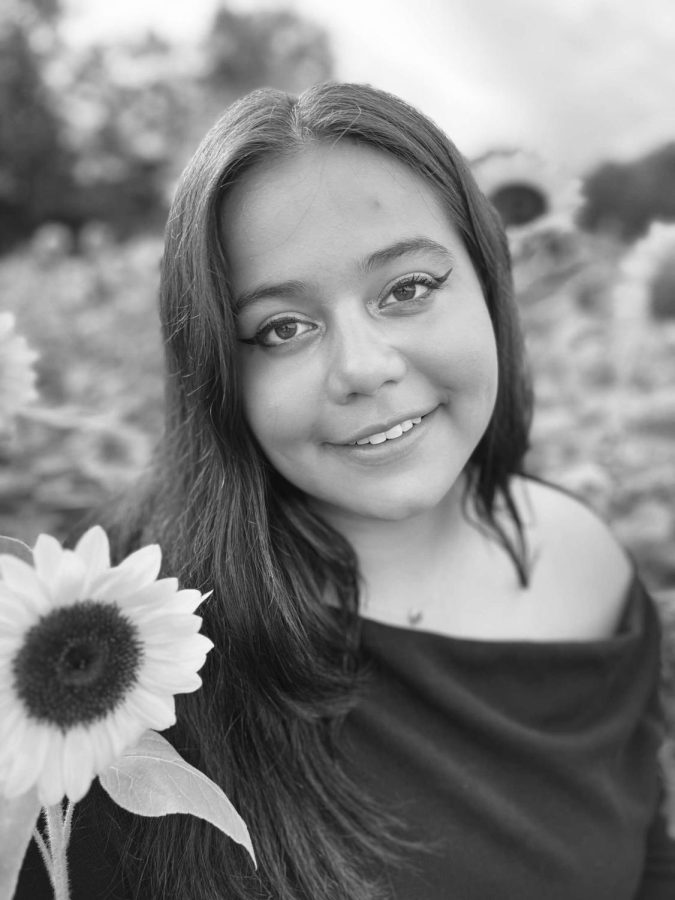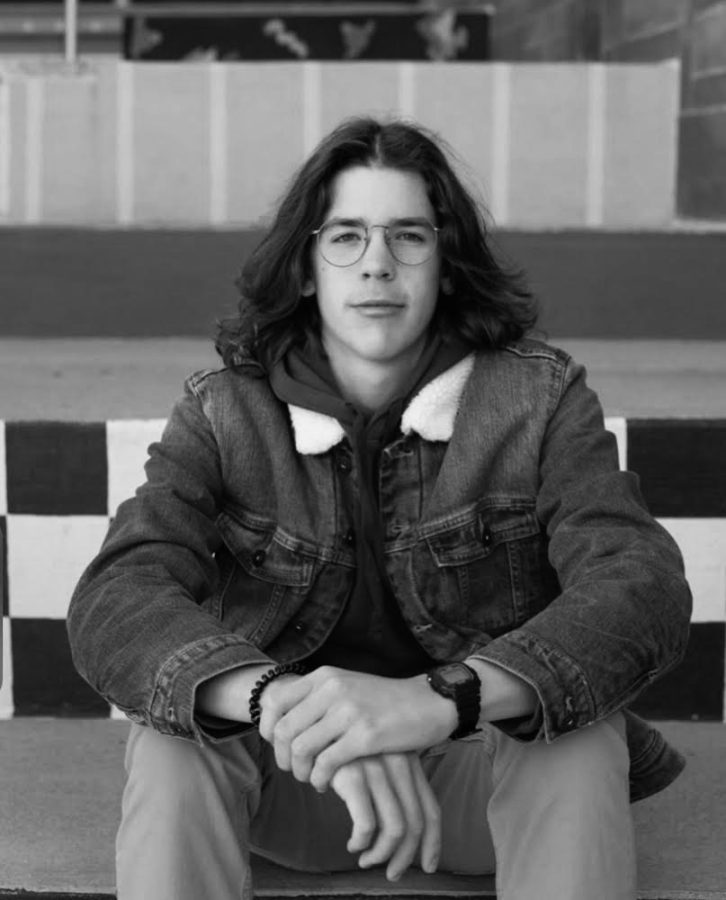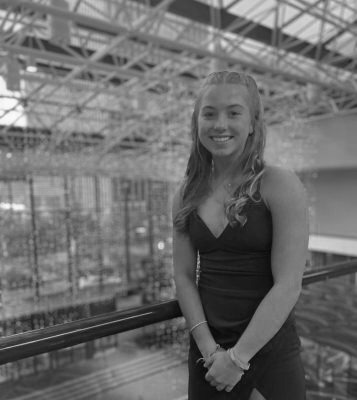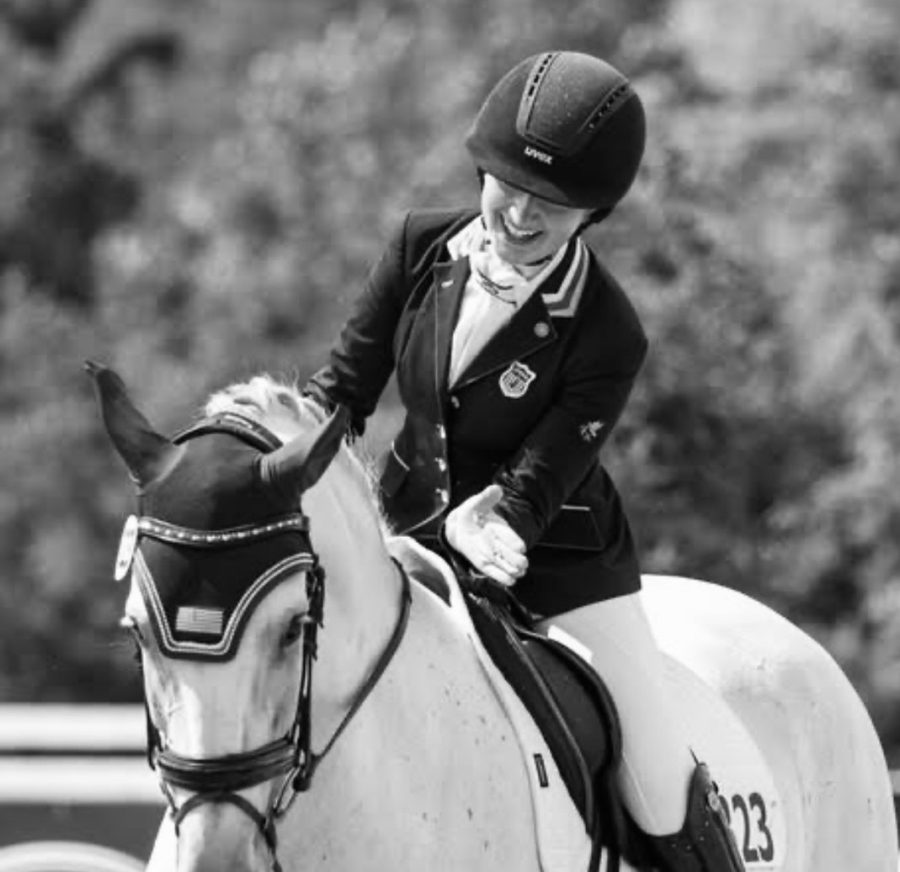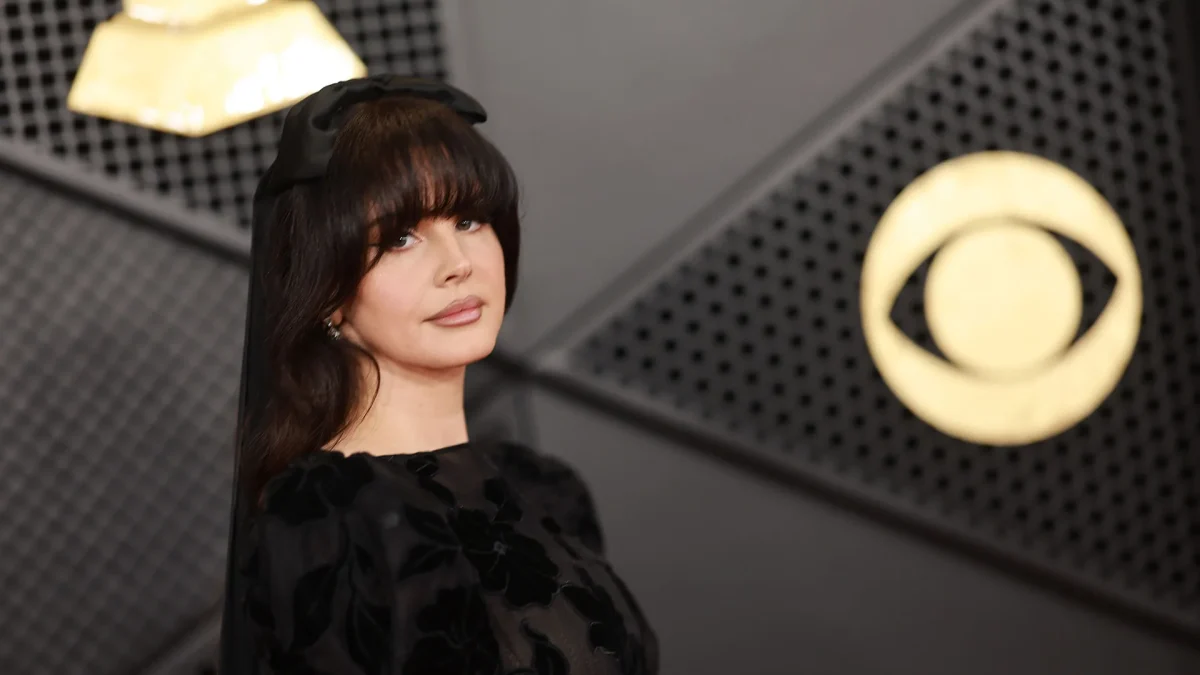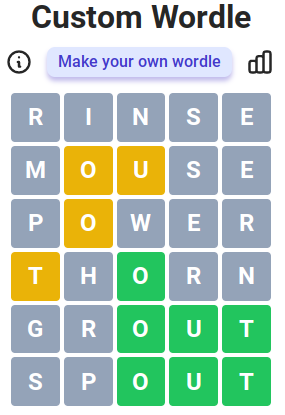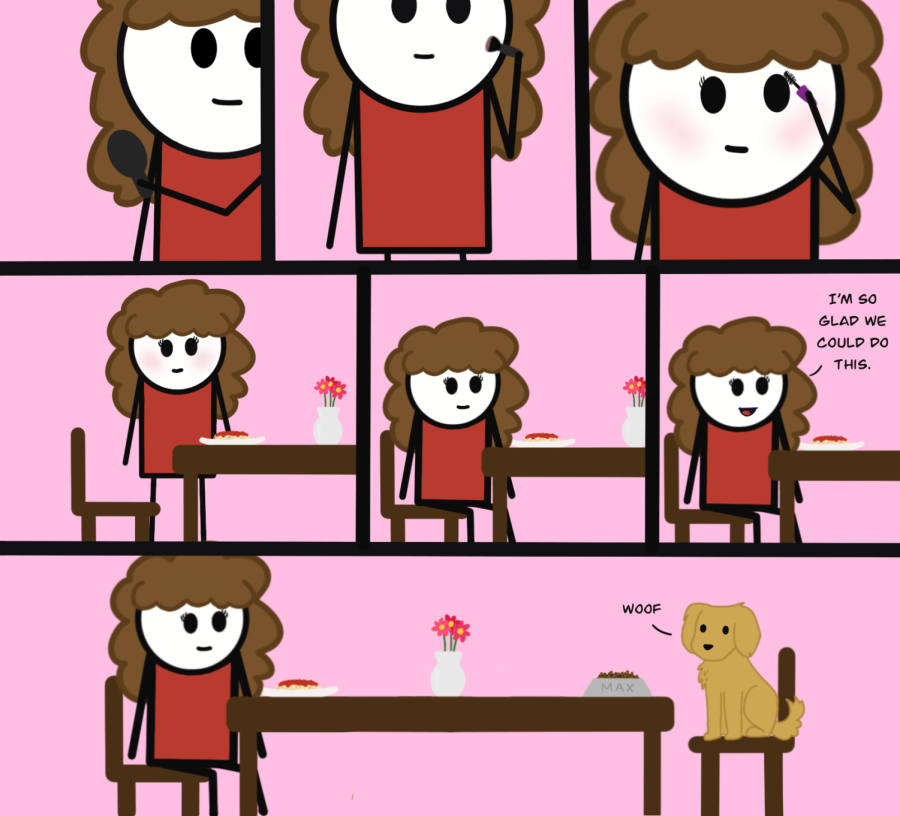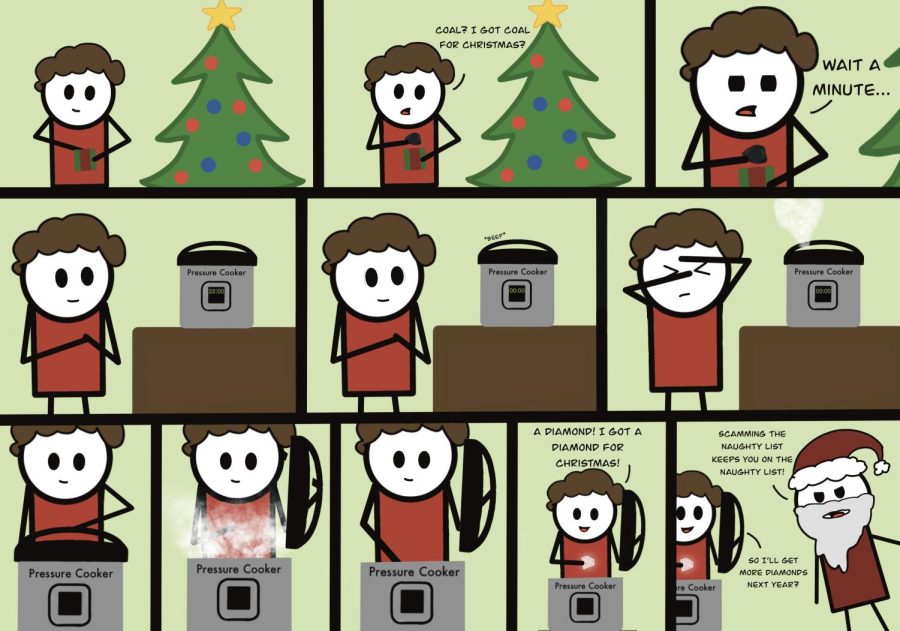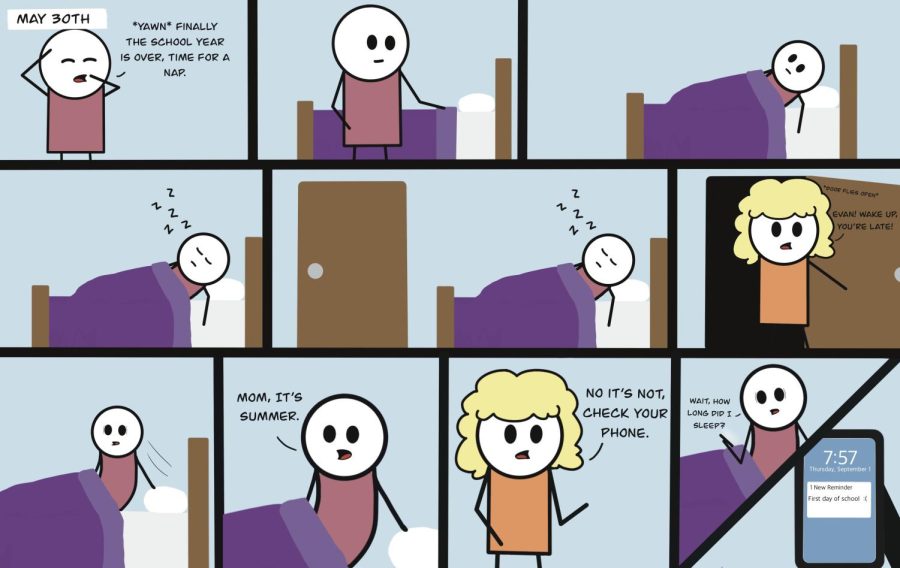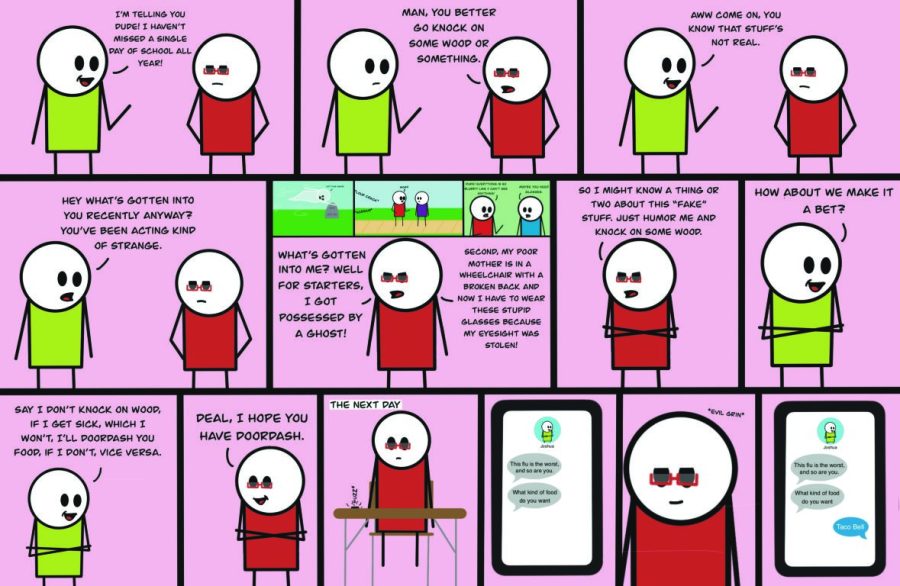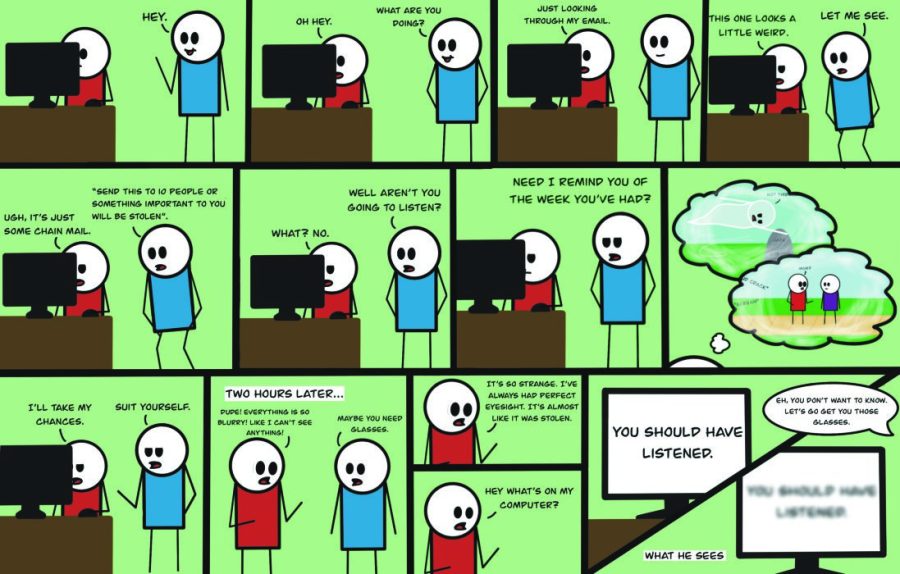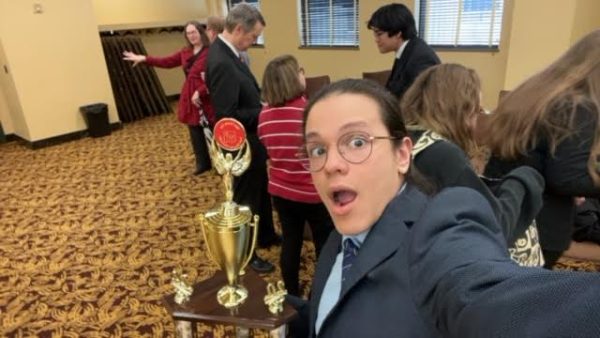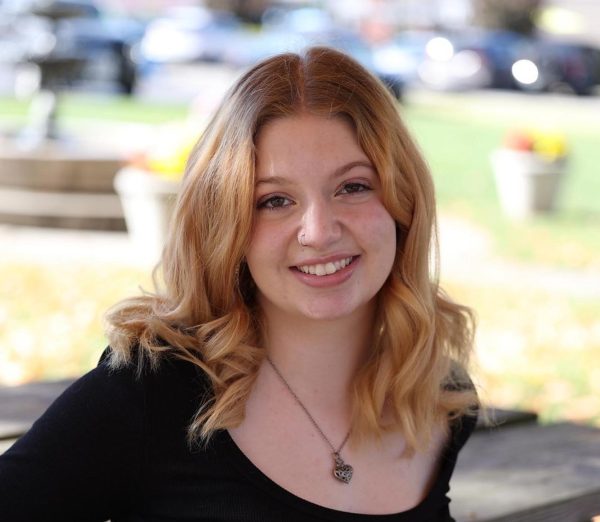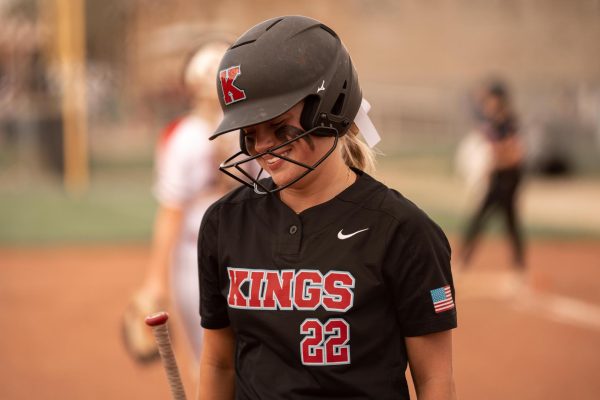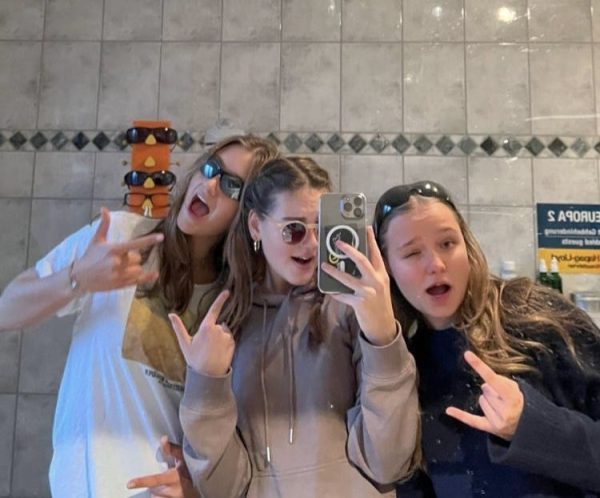Painting the bigger picture
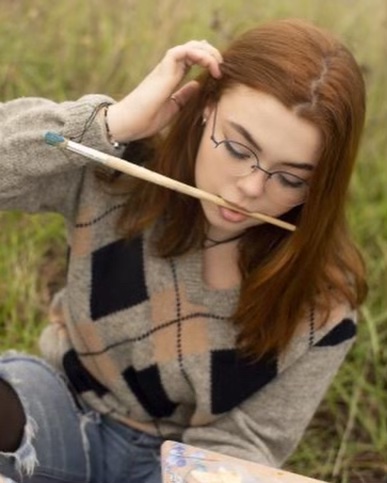
Payton Mueller contemplates her study of politics and her artful expression from what she’s learned and observed.
Present-minded. Passionate. Philanthropic.
These aren’t words an older adult uses to describe an eighteen year old. If they were to describe the younger generation, the words would most likely be anxious, apathetic, and ignorant.
Sitting in Angie Guilfoyle’s Painting I, Payton Mueller chats with friends about corruption in American society, discussing the racist and rapacious philosophies and actions of the past, all while blending colors for the next step in her artwork. The fervor in her voice displays how invested she is in the topic.
Mueller is anything but ignorant.
“With Payton, we will mostly talk about what’s wrong with the world because we very much correlate on what we think is right and what is wrong, like the rights of people,” friend and senior Therese Stouffer said. “We both genuinely agree that everybody deserves those rights, and if you’re going to abuse those rights, did you really ever deserve them in the first place?”
Due to the pandemic in 2020 and the call to speak up against police brutality, Mueller’s interest in politics grew from a casual subject mentioned in history, to a real-life impact that opened her eyes to the world outside herself.
“I liked it beforehand, it just didn’t enrage me as much until then because I was living in my little white privileged bubble. Before, gay rights was my main issue but its switch[ed] to more human rights,” Mueller said. “I also think people don’t understand politics and people are just like, ‘No, I’m sorry. I’m not interested in it,’ I hear that all the time. ‘Politics is too stressful.’ But politics is literally in everything. It is ingrained in everything we do.”
For Mueller’s College Reading and Writing passion project, she wrote a spoken-word poem about the injustices of American history, including the colonists taking Native American land, a lack of aid for veterans, slavery, racism, and the mistreatment of U.S. territories, to name a few.
Included in each description of these injustices were statistics and dates correlating with the given topic, providing factual background to the heartbreaking, emotional scenes she presents. By speaking on the subject, it reminds her of how unfair American society is.
“I felt enraged, totally pissed that this is the country I’m a part of and experience all the benefits from its hate. As an American who’s white and a woman, I will most likely never have to experience a war at home,” Mueller said. “I have access to better schools than most, better food, better water. I never have to really worry about my power going out for long periods of time, or any of that.”
Junior Sydney Meacham, who’s known Mueller for the last two school years, identified the interest in politics as more of a love than a casual topic or easy subject to learn in history classes. With that, Meacham admires Mueller’s big-picture thinking, and doesn’t think of politics as a discussion taboo.
“I think it’s always good to be passionate about something, especially when it’s something like [politics], where it’s the world as a whole and as a society. When you have a passion for thinking about that or trying to change that, I think that’s always a good thing,” Meacham said.
Mueller’s sister, Lilly, a sophomore at the high school, also recognizes Mueller’s resourcefulness as she discusses the subject; pulling from real news sources rather than giving her opinion alone.
“What sucks is that a lot of times when we’re having political conversations with family, they immediately assume that she’s just getting all the information from TikTok or whatever,” Lilly said. “When it’s not true. She actually does look into a lot of these things. She says that she watches the news, I don’t know if that’s true, but things like that. She’s very adamant and a little bit stubborn about her beliefs.”
While politics are important to Mueller, art of any form offers a backbone to support her in her thinking, speaking, or even appearance. One quick look at her colorful dyed hair or hands marked with Crayola markers and paint quickly tells you where she might be outside of the core curriculum.
“My name is Payton so everyone always got me paint stuff as a kid because they thought they were funny. I got my first canvas when I was ten,” Mueller said. “I latch on to [hobbies], so like painting: you can be absolutely horrible at painting, but people always tell you, ‘Oh my God, that’s so good.’ Same thing with singing, you can be atrocious and people will still be like, ‘Oh my God, you’re an amazing singer.’ And that’s what I really love about society now.”
Her friends and family quickly pick up when Mueller has a new fixation by the energy and conversation she brings up.
“She won’t stop talking about it. Because you can tell when Payton is excited about something, she gets bouncy, and she just won’t stop, and I’m like, ‘Okay, I know. I’ll keep this as my back recesses of my mind for later,’” Stouffer said.
The main reason Mueller’s fixation doesn’t translate into a political career path is that it’s hard for her to maintain objectivity during debates. Admittedly, her hot head takes over the conversation at a certain point.
“I’m a super sensitive person, so I don’t think I could make it in politics at all, at least if I wanted to make a change. I’d be down to do small stuff for my community, I could see myself doing that, but that’s just part of being an active member of the community,” Mueller said.
On top of that, the trade between a politician and a voter where the politician gives up their true opinion for what the voter wants, and vice versa, in order to get bills passed sounds miserable to Mueller, especially when her time can be spent providing for the society.
“I think I understand myself fairly well. Therefore, I understand my limits and [politics] doesn’t sound fun,” Mueller said. “It sounds like absolute hell and I think it takes a special kind of person to be able to willingly put themselves through that hell.”
Mueller doesn’t have set plans for after high school. Her interests and motivation butt heads; her interests grow so much that her motivation dwindles at the thought of all that’s possible.
“I can talk myself out of motivation. But interest, it’s always gonna be there. There’s always an extra little voice in my head, after I told myself to go do something, like ‘why bother?’ Because then I don’t want to waste my energy on things that won’t lead to anything,” Mueller said. “Because then that’s stupid, stupid people do that. And dreamers do that. I’m a dreamer, that’s why I have to keep myself in check.”
Regardless of what she invests her time in, her friends are excited and ready to support her. As Stouffer explains, Mueller’s an integral part of her life and Stouffer plans to humorously bother Mueller whenever she’s home from college.
“[She]’s kind of like the other half of my brain cause she knows exactly what I’m thinking, which is good and bad because at the same time, other people don’t need to know what we’re thinking. I don’t know. I love her so much. You do you boo,” Stouffer said.
Want to show your appreciation?
Consider donating to The Knight Times!
Your proceeds will go directly towards our newsroom so we can continue bringing you timely, truthful, and professional journalism.
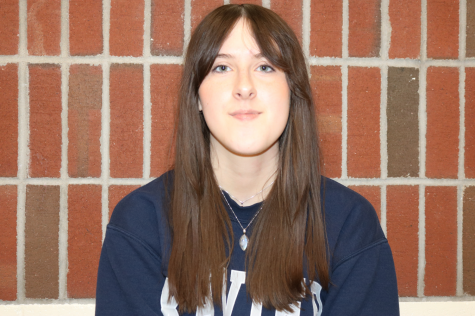
As a senior and Co-Editor in Chief of The Knight Times, Alyssa enjoys assisting her fellow writers on their articles and interviewing; she loves to hear...

